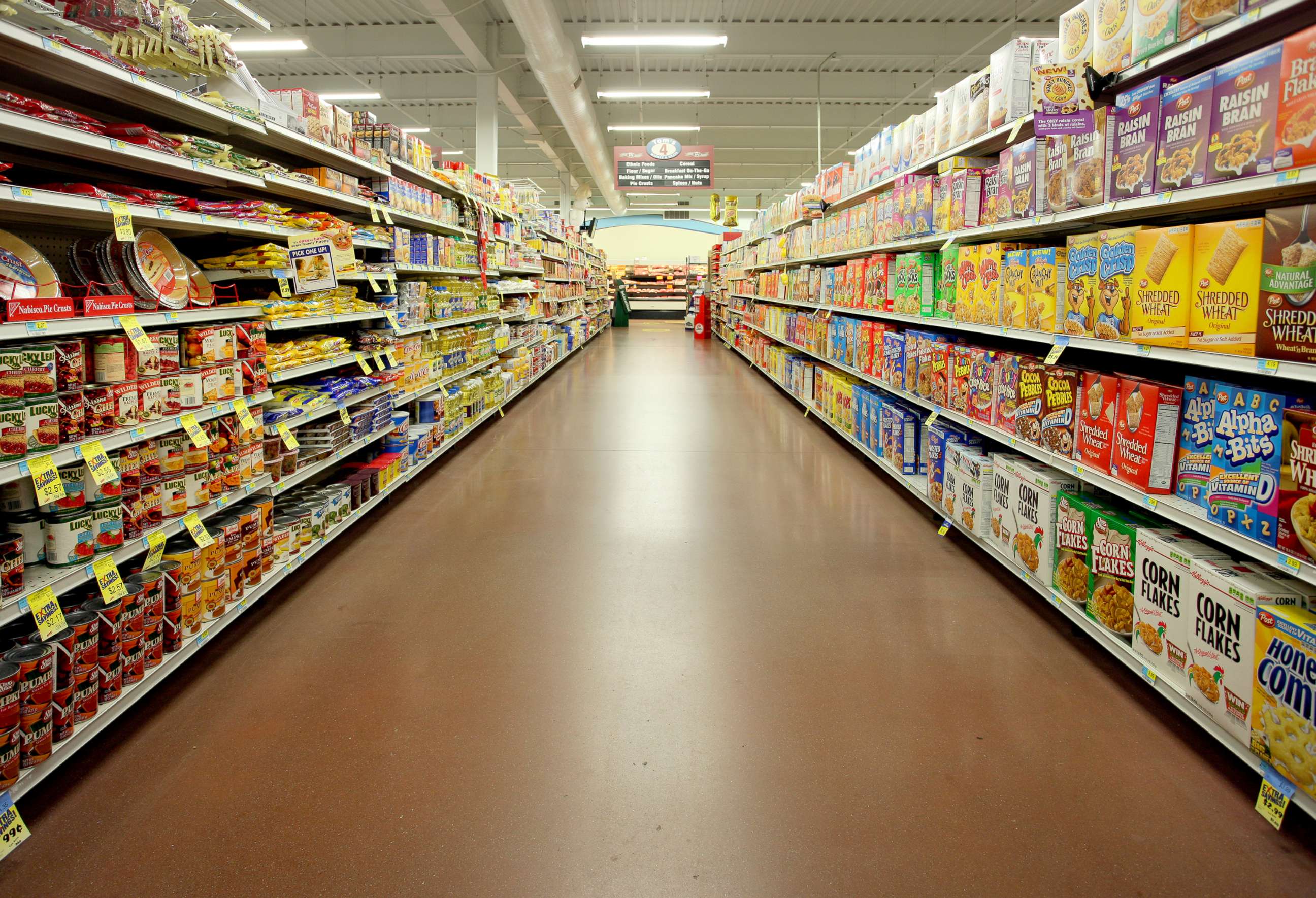Consumer prices jumped 5.4% in the last 12 months
The latest data comes amid mounting inflation fears among economists.
Consumer prices continued to climb last month, newly-released data indicates, as the economy begins to bounce back from the pandemic-induced downturn.
The consumer price index, the Labor Department's measure of what consumers pay for everyday goods and services, spiked 5.4% over the last 12 months. In June alone, it jumped 0.9%.
This was the largest one-month change since June 2008 and the largest 12-month increase since August 2008, the Labor Department said Tuesday.
The latest CPI data was largely driven up by the index for used cars and trucks, which skyrocketed by a whopping 10.5% in June amid a global chip shortage. This increase accounted for more than one-third of the increase for all items.
The so-called core index, which accounts for all items except the more volatile food and energy index, spiked 0.9% in June after rising 0.7% in May. The core index rose by some 4.5% over the last year -- the largest 12-month increase since the period ending in Nov. 1991.

The food index spiked 0.8% in June, double the 0.4% jump reported in May. The energy index spiked 1.5% last month, with the gasoline index spiking 2.5%. Over the last 12 months, the food index was up 2.4% and the energy index rose 24.5%.
While nearly all the indexes saw increases last month, the index for medical care and the index for household furnishings were among the few that decreased in June, according to the DOL. The consumer price index for all items has been trending upward every month since the start of the year.
The latest figures come as the pandemic wanes in the U.S. and consumer demand surges while many businesses have reported supply chain bottlenecks and labor issues. Meanwhile, economists and policymakers mull over whether the data reflects a temporary blip or indicates the potential of longer-term inflation.
Last month, Federal Reserve Chair Jerome Powell downplayed inflation fears in a testimony before lawmakers, saying it is likely temporary.
"Inflation has increased notably in recent months," Powell stated, according to prepared remarks. "This reflects, in part, the very low readings from early in the pandemic falling out of the calculation; the pass-through of past increases in oil prices to consumer energy prices; the rebound in spending as the economy continues to reopen; and the exacerbating factor of supply bottlenecks, which have limited how quickly production in some sectors can respond in the near term."
"As these transitory supply effects abate, inflation is expected to drop back toward our longer-run goal," he added.




